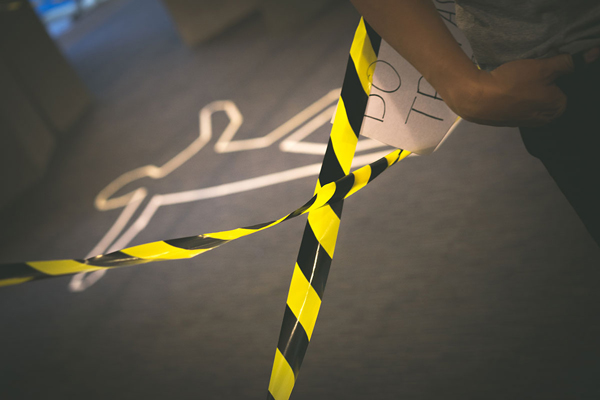Crime scenes are often associated with violence, trauma, and even death. It’s a complex and emotionally charged situation for everyone involved, and the thought of cleaning up after such a tragedy can be overwhelming. In Pittsburgh, crime scene cleanup is an essential service experienced professionals provide to help families and businesses move forward during difficult times.
However, many myths and misconceptions surrounding crime scene cleanup can add to the stress and confusion of those in need. In this article, we will debunk some of the most common myths and provide facts about crime scene cleanup in Pittsburgh.
Myth: The Police Or Emergency Services Will Take Care Of Crime Scene Cleanup in Pittsburgh
Fact: While it is true that the police and emergency services may be involved in securing the crime scene and collecting evidence, they are not responsible for cleaning up after a crime.
Property owners, family members, or business owners are responsible for arranging professional crime scene cleaners and properly cleaning and disinfecting the area.
Myth: Any Cleaning Company Can Handle Crime Scene Cleanup
Fact: Crime scene cleanup is significantly different from standard cleaning services. It demands specialized skills and equipment due to hazardous biological materials such as blood and bodily fluids, which can carry pathogens and diseases.
Crime scene cleaners are trained in biohazard cleanup, understanding the proper protocols to safely and effectively decontaminate the area, something that regular cleaning companies are not equipped or certified to handle. So, hiring professionals for crime scene cleanup in Pittsburgh is crucial to ensure the area is thoroughly cleaned and safe for habitation.
Myth: Crime Scene Cleanup Is Covered By Insurance
Fact: Many people assume their insurance will cover crime scene cleanup costs, but this is not always true. Certain insurance policies might provide coverage for specific types of trauma and biohazard cleanup. However, it’s crucial to verify this with your insurance provider before assuming coverage.
It is also worth noting that some policies may only cover a portion of the costs or limit the coverage. Therefore, discuss this with your insurance provider and understand the coverage before an unfortunate event occurs.
Myth: I Can Clean Up A Crime Scene Myself
Fact: Attempting to clean up a crime scene without proper training, equipment, and personal protective gear is risky and can have serious legal consequences. Crime scene cleanup involves handling potentially infectious materials and following strict protocols for safe disposal.
It is not worth putting yourself at risk or unknowingly spreading biohazards in the process. It is always best to leave crime scene cleanup to trained professionals with the knowledge and experience to do it safely and effectively.
Myth: Crime Scene Cleanup in Pittsburgh Only Involves The Physical Aspect Of Cleaning
Fact: While the physical cleanup of a crime scene is a crucial part of the job, emotional and psychological aspects are also involved. Crime scenes can be traumatic and emotionally overwhelming for those affected, whether it is the victim’s loved ones or the property owners. Professional crime scene cleaners are trained to handle the physical cleanup and provide emotional support and respect during difficult times. They understand the importance of being compassionate and discreet and maintaining confidentiality.
ServiceMaster of Greater Pittsburgh can help put your mind at ease during an already stressful time. We have a team of trained and experienced technicians who specialize in crime scene cleanup in Pittsburgh. We follow OSHA and EPA regulations, use state-of-the-art equipment, and have the expertise to handle all crime scenes.
If you ever need crime scene cleanup services, do not hesitate to contact us. Our team will handle the cleanup process with care, compassion, and professionalism and restore the affected area to its pre-incident state. Contact us.

